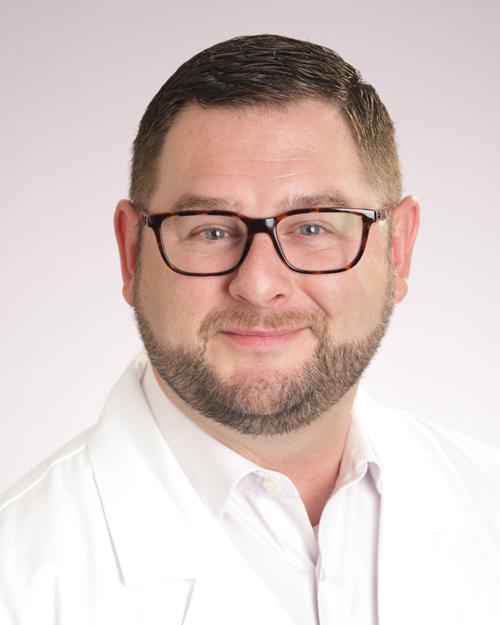When symptoms of heart failure begin progressing or patients start decompensating, there is a brief opportunity for referral to an advanced heart failure center.

When symptoms of heart failure begin progressing or patients start decompensating, there is a brief opportunity for referral to an advanced heart failure center. The American Heart Association calls this the “golden window.”
Primary care providers and others should consider referring a patient to the Norton Heart & Vascular Institute’s Advanced Heart Failure & Recovery Program if the patient meets the following referral criteria:
- Ejection fraction is <40%
- Ejection fraction is >40% but there have been two hospital admissions for heart failure in the previous six months.
- The patient is on Bumex >1mg PO bid
- The patient is on Furosemide >80g PO bid
- The patient is on Torsemide >=40mg daily
- NYHA III-IV symptoms.
Under New York Heart Association (NYHA) Functional Classification, Class III-IV are moderate to severe symptoms. Class III is defined by marked limitation in activity due to symptoms, such as walking short distances, and is comfortable only at rest. Class IV symptoms are defined by severe limitations. These patients are mostly bed-bound and experience symptoms even while at rest.
Any single clinical marker- hospitalizations, escalating diuretic requirements over time, or progressive intolerance to neurohormonal therapy – is sufficient to initiate timely evaluation for advanced therapy.
Waiting too long to refer for advanced heart failure care can result in serious and permanent damage that might have been avoided.
Refer a patient
To refer a patient to Norton Heart & Vascular Institute, visit Norton EpicLink and open an order for Cardiology.
Additionally a patient may to too sick for advanced therapies, like a left ventricular assist device (LVAD) or a heart transplant. Referral to an advanced heart therapy center is too late when the patient has multi-organ failure, severe malnutrition or cardiac cachexia, and is intolerant of medication titrations. Managing heart failure patients to keep them out of the hospital is a primary goal, so decompensation needs to be caught and treated early.
Heart failure survival decreases as more hospitalization is needed
Every time a time a patient’s condition worsens to the point of needing hospitalization, their risk for death increases. The median survival rate after one hospitalization is 2.4 years. It drops to 1.4 years with a second admission and less than a year with a third.
Patients who are caught early can be treated and actually see a reversal in their symptoms with focused medical management that up-titrates beta blockers, renin-angiotensin-aldosterone blockade agents, mineralocorticoid receptor antagonist, and SGLT-2 inhibitors, ensuring they are on optimal, guideline-directed, medical therapy.
Other patients can return to more functional lives through mechanical support. Mechanical support for the heart failure continuum is comprised of implantable cardioverter defibrillators, implantable cardiac resynchronization therapy, transcatheter mitral valve repair, remote pulmonary artery monitoring and left ventricular assist device (LVAD) therapy to provide mechanical circulatory support.
Once used primarily as a temporary measure for those awaiting a heart transplant, ventricular assist devices have made many heart transplants unnecessary. The ventricular assist device now provides long-term support that helps patients go on with productive lives.
Kelly C. McCants, M.D., is executive medical director of Norton Heart & Vascular Institute Advanced Heart Failure Program.

